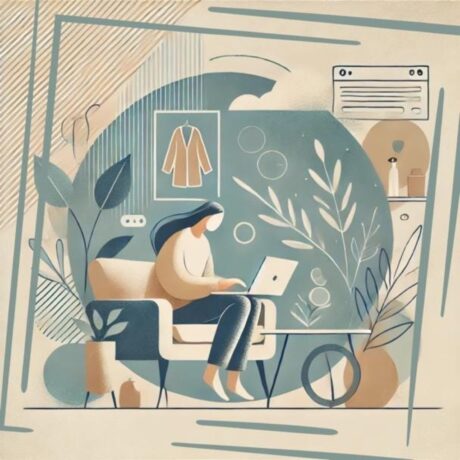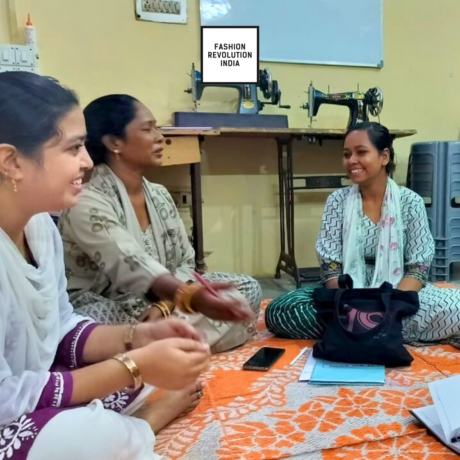Women Making Change
Can work in the garment industry lift women up? We speak to two pioneers making this happen around the globe.
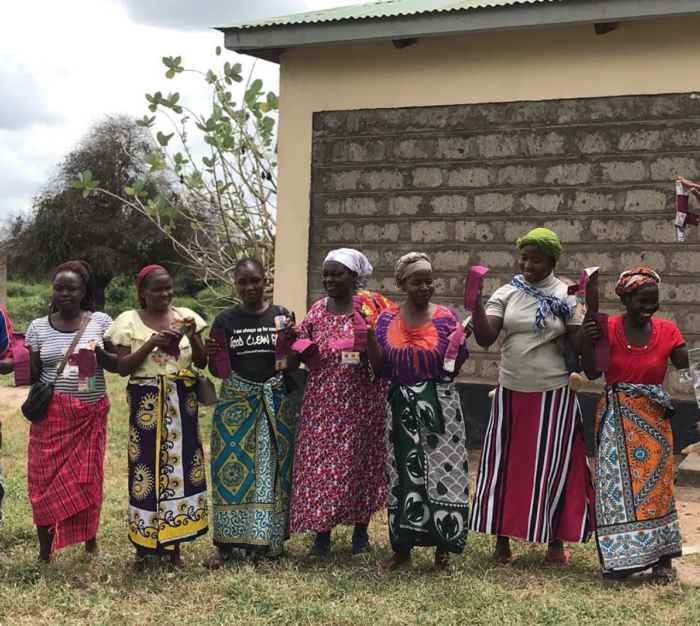
First up, Colleen Clines, one half the sister duo behind Anchal Project, tells us about their journey to creating a global business that lifts women up. It all began in 2009, says Colleen, “While in India, I was introduced to the exploitive world of the commercial sex trade and the extreme lack of opportunity for women in the community. It was in this moment I was inspired to design more than beautiful landscapes, determined to create positive social and environmental change using design.”
Today, Anchal Project works across India and the USA to both train artisans and create projects that generate a meaningful and empowering income for women in both countries. Their Stitch by Stitch program in Ajmer, India operates within a hub of commerical sex work, offereing a different path for women with limited opportunities who are vulnerable to sex work and abuse.
Colleen says, “85% of Anchal artisans answered that they had joined the commercial sex trade because there was no existing alternative. If the choice to be a commercial sex worker belonged to them, it was a helpless, desperate decision amidst a financial crisis. The average artisan tried leaving the sex trade two or more times, but returned because she was unable to earn a living. Some of the artisans shared that they tried to leave upwards of five times.”
On the other side of the world, in Louisville, Kentucky, women who are recovering or vulnerable to Kentucky’s high rates of sexual violence can take part in their educational workshops, financial planning, and stress management alongside product creation and making skills.
“We felt compelled to take the project beyond the classroom with the conviction that our design training, in collaboration with local leadership, could address seemingly intractable social and environmental systems. The women we met became our sisters, sisters we had to fight for”, says Colleen.
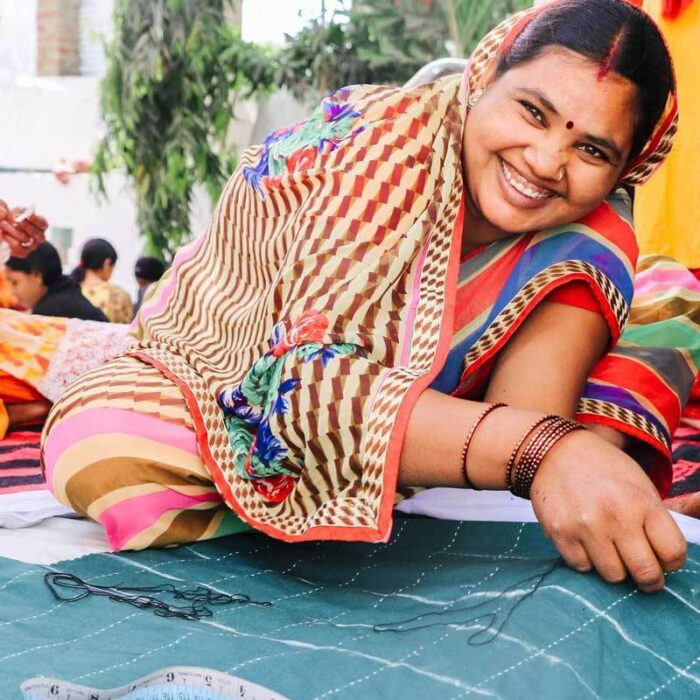
Like Anchal Project, SOKO Kenya is a fashion brand that exists with decent work as the foundation. Jo Maiden, the founder, tells us how the brand originated to solve a problem.
“I first visited Kenya with Dave, my husband, in 2007 on a trip with Ethical Fashion Forum. We both fell in love with the country and saw an opportunity to create sustainable change through fashion. We wanted to develop a creative, long-term solution to the high levels of unemployment in the local community.”
Like the wider industry, SOKO’s workforce is largely made up of women. Yet while the mainstream fashion industry often oppresses its heavily female workforce, SOKO came about to change the system.
“Our three production supervisors are women and have been with me since the beginning of SOKO Kenya in 2009”, says Jo. “We hope that having women in management positions is motivational for other women in the factory and encourages them to take the steps required to progress in their career”. She adds that “When a new employee joins SOKO Kenya, we make sure that they have set up their own bank account as a starting point. Throughout the year they are also offered various financial trainings to encourage independent saving and spending.”
If this doesn’t seem radical, it’s worth considering that around the globe, only 58% of women report having a bank account, while that number is 65% for men (World Bank, 2015).
And, like Anchal Project, the brand isn’t just about making things, but about teaching skills. “Our Stitching Academy was born out of SOKO Kenya’s need to employ more people but no one had the right skillset. We wanted to offer a comprehensive training for in the community (and now beyond) that would allow locals to be able to work as a machinist in any factory in the country, not just SOKO Kenya. This means offering training on a variety of different machines and specialities, including cutting and quality control, so that we increase their chances of being employed.”
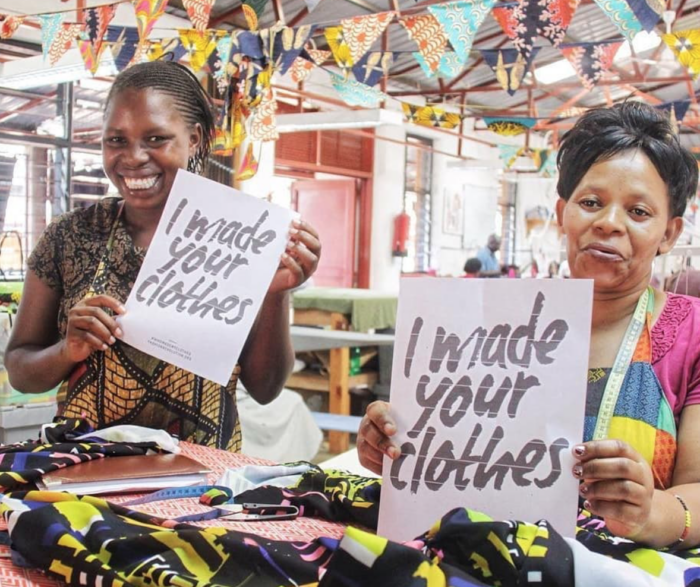
As we consider how the fashion industry can rethink its oppressive systems, and put an end to gender equality, these considerations of education and training, decent work, living wages, and financial literacy are some of the greatest pillars to lift up women and improve lives.




